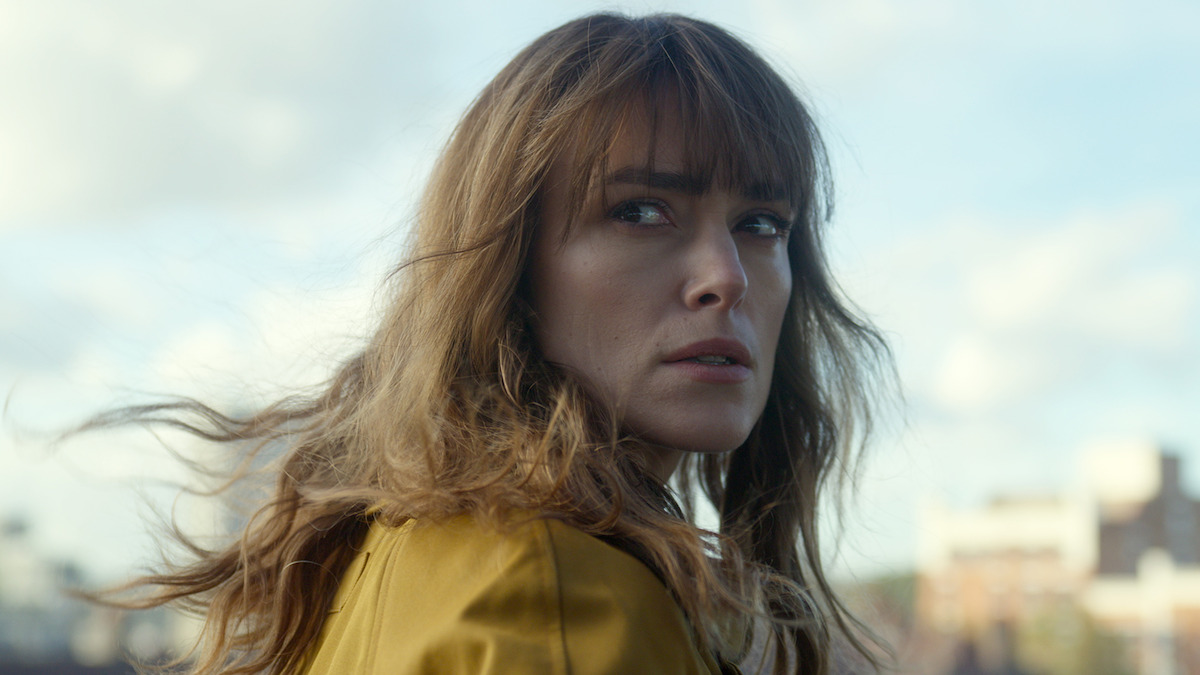‘It was a very violent, misogynistic atmosphere’: Keira Knightley opens up about her horrible experience growing up famous

Keira Knightley had a traumatic time navigating Hollywood as a teenager, and she’s not shying away from discussing how bad things got. What happened to her wasn’t remotely her fault—it was caused by misogynistic media, entitled men, and the body-obsessed culture of the time.
Knightley discussed her experiences with the Los Angeles Times while promoting her new series, Black Doves. The conversation turned to how Knightley navigated stardom while still very young, and the interviewer mentioned how Knightley came of age during a “very brutal time for young women in the culture.” Knightley responded:
“I didn’t think it was OK at the time. I was very clear on it being absolutely shocking. There was an amount of gaslighting to be told by a load of men that “you wanted this.” It was rape speak. You know, “This is what you deserve.” It was a very violent, misogynistic atmosphere.
They very specifically meant I wanted to be stalked by men. Whether that was stalking because somebody was mentally ill, or because people were earning money from it — it felt the same to me.”
She is, of course, absolutely right. The paparazzi were relentless at the time, destroying Knightley’s privacy and leaving her fearing for her safety.
On a related note, Knightley also shared some thoughts about the famous Love Actually scene where Andrew Lincoln comes to her door to confess his love via cue cards. Knightley was only 18 while filming, and she saw the scene as far from the romantic moment it was intended to be. She remembered director Richard Curtis telling her, “No, you’re looking at [Lincoln] like he’s creepy,” and her response, “But it is quite creepy.” Eventually, she said, they had to “redo it to fix my face to make him seem not creepy.”
Knightley’s not the only person who thinks that scene is creepy. Andrew Lincoln does too. In 2017, he referred to his character as a “weird stalker guy” in an interview with Entertainment Weekly. Yep, it’s safe to say Love Actually really hasn’t aged well.
Knightley has been making it very, very clear exactly how brutal the ’00s were for her. She also recently spoke out about the pain of being body-shamed for being “too thin”, telling Britain’s The Times, “In that classic trauma way I don’t remember it. There’s been a complete delete, and then some things will come up and I’ll suddenly have a very bodily memory of it because, ultimately, it’s public shaming, isn’t it?”
At the time, The Daily Mail claimed Knightley had an eating disorder when she did not. They and other outlets held her up as a bad example to young girls while hypocritically also shaming women who put on weight. Love Actually is a harrowing example of ’00s body-shaming in action—Martine McCutcheon’s character, for instance, is called “plump” and “chubby” when she’s a perfectly healthy weight.
It’s sickening to remember what Knightley was put through when she was a teenager. Now she’s a mother and has mixed feelings about her daughters following her into acting. “I wouldn’t allow them to do anything public until they were grown up. I think their privacy is very important,” she told the LA Times. If only she had been granted the same courtesy.
Have a tip we should know? [email protected]
